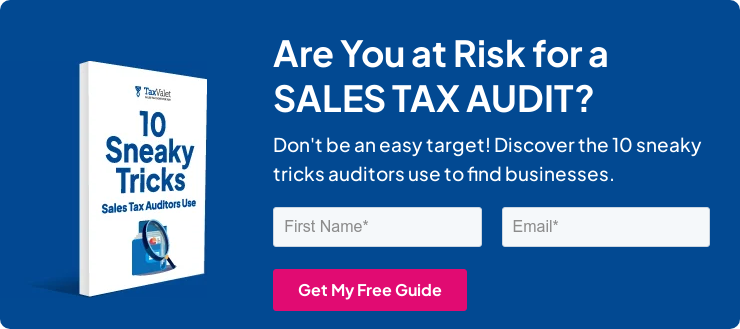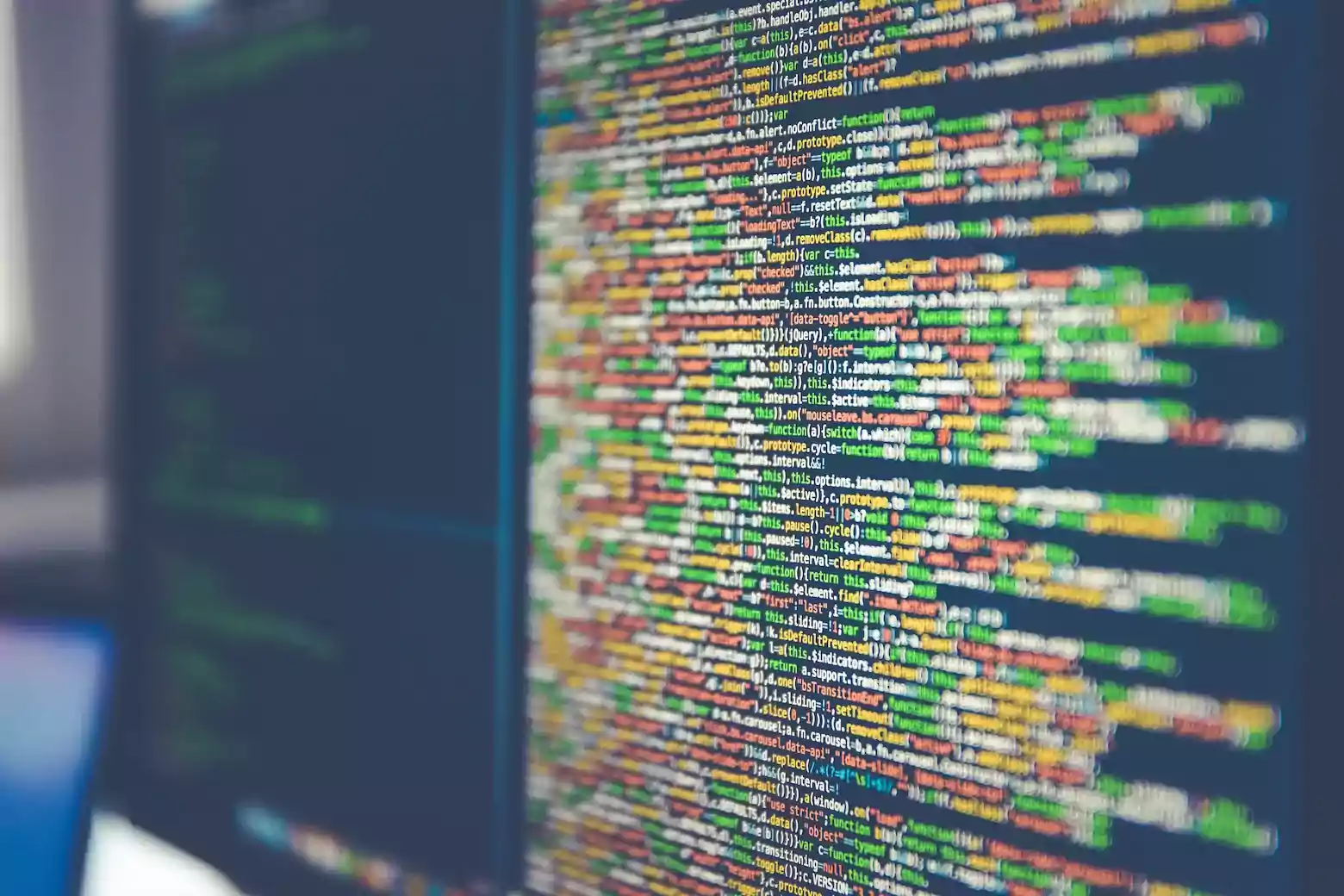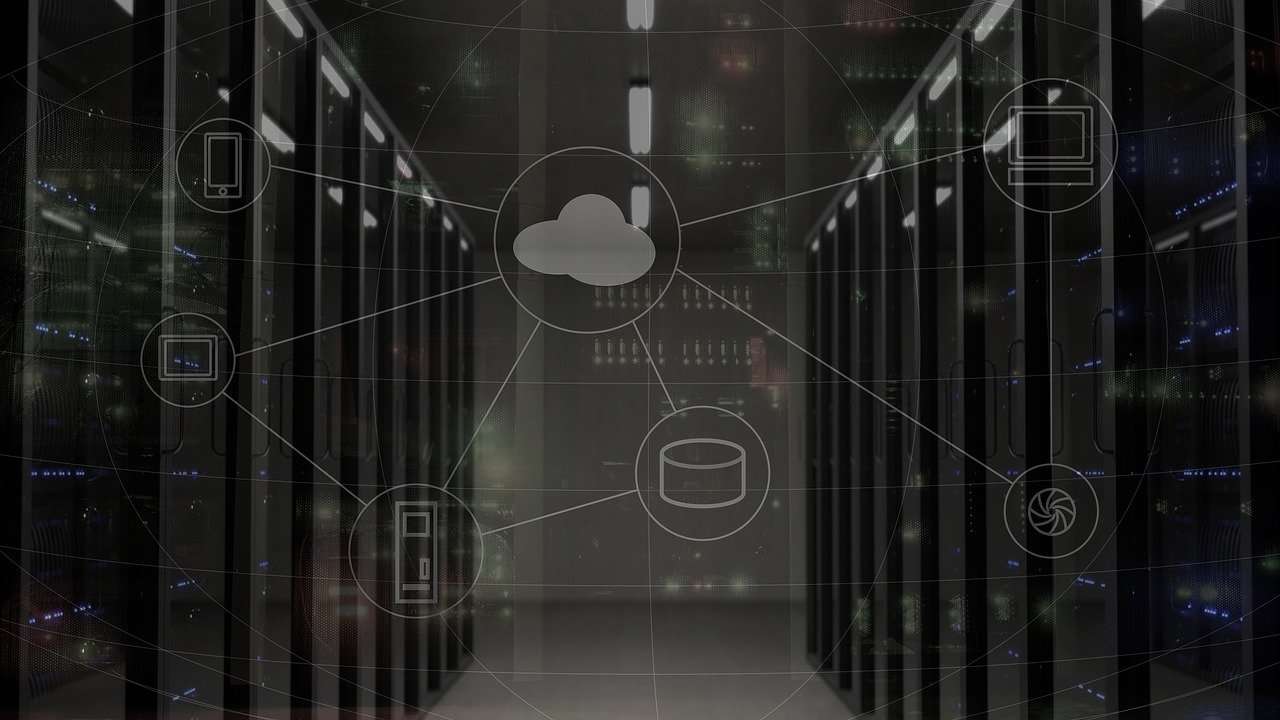Summary: This blog post explores the sales tax regulations in New York for SaaS, digital products, and cloud-based services, providing insights into tax rates, exemptions, and the impact on businesses operating in the state.
For a comprehensive overview of New York sales tax, including the latest rules and regulations, visit our New York Sales Tax Guide. This resource provides all the information you need to ensure compliance and understand your tax obligations in the state.
Protect your SaaS business from audits and penalties. Learn more about our SaaS Sales Tax Solution and see how we can help you stay compliant.
Is SaaS taxable in New York?
New York requires sales tax on Software-as-a-Service, although computing power is considered a non-taxable service.

Why does New York require sales tax on Software-as-a-Service (SaaS)?
Although New York has not explicitly defined Software-as-a-Service in its statutes, the Department of Taxation and Finance has issued various advisory opinions indicating that software accessed remotely is taxable. In contrast, readers should note that computing power is considered a non-taxable service in New York and therefore not subject to sales tax. Computing power refers to a specific array of a processor, memory and storage, and is often involved when customers purchase computer instances in order to run their own software applications.
Is SaaS considered tangible personal property in New York?
New York considers Software-as-a-Service (SaaS) tangible personal property.
What is the SaaS sales tax in New York?
New York imposes a 4% state sales and use tax on all taxable SaaS and tangible software. Local taxing jurisdictions (cities, counties, special purpose districts, and transit authorities) can also impose additional sales and use tax, resulting in a combined rate that varies by location.
Where can you go to learn more about why New York requires sales tax on Software-as-a-Service (SaaS)?
This tax bulletin published by New York explains how sales tax applies to sales of computer software and related services. This advisory opinion clarifies that cloud computing is not subject to sales tax. The following advisory opinions clarify that Software-as-a-Service is subject to sales tax in New York: TSB-A-13(22)S, TSB-A-09(44)S, TSB-A-09(25)S, TSB-A-09(15)S, TSB-A-08(62)S, and TSB-A-15(2)S.
Does New York require sales tax on the sale of Downloadable Prewritten Software?
New York requires sales tax on downloadable prewritten software.
Why does New York collect sales tax on Downloadable Prewritten Software?
New York states that prewritten computer software “which is not software designed and developed by the author or other creator to the specifications of a specific purchaser” is subject to sales tax. Prewritten software is subject to tax whether sold as part of a package or separately. Software created by combining two or more prewritten programs or portions of prewritten programs is still prewritten software subject to tax and not considered custom (nontaxable) software. The medium by which the software is transferred to the purchaser has no effect on the software’s taxability. Thus, prewritten software is taxable whether sold, for example, on a disk, tape or by electronic transmission over telephone lines.
Where can you go to learn more about why New York sales tax laws apply to Downloadable Prewritten Software?
Sec. 1101(b)(14), Tax Law defines what is and isn’t considered prewritten (taxable) computer software in New York. This technical bulletin published by New York further clarifies what is and isn’t considered taxable software in New York.
Does New York require sales tax on the sale of Downloadable Custom Software?
New York does not require sales tax on downloadable custom software.
Why does New York not require sales tax on Downloadable Custom Software?
New York requires sales tax on prewritten software; however, sales tax does not apply if the software was custom-built for the customer. Software that was originally designed and developed to the specifications of a specific purchaser (custom software) loses its identity as such and becomes prewritten software subject to tax when it is sold to someone other than the person for whom it was originally designed. When prewritten software is modified or enhanced, it remains prewritten software. However, reasonable and separately stated charges for the modifications and enhancements are exempt.
Where can you go to learn more about why New York does not require sales tax on Downloadable Custom Software?
Sec. 1101(b)(14), Tax Law defines what is and isn’t considered prewritten (taxable) computer software in New York. This technical bulletin published by New York further clarifies what is and isn’t considered taxable software in New York.

Does New York require sales tax on the sale of Digital Products?
New york does not charge sales tax on digital products such as photographs, music, and ebooks, videos, audiobooks, digital art, and PDFs when transmitted electronically.

Why does New York require sales tax on Digital Products?
Digitized products (i.e., songs, videos, electronic games, e-books, etc.) that would be subject to sales tax when sold in physical form are not subject to New York sales and use tax when transmitted electronically. This is because New York’s definition of taxable tangible personal property is anything that is “corporeal” which would imply it is physical in nature. There are, however, certain non-corporeal services which are subject to sales tax.
Information services are an example of something non-corporeal which is subject to sales tax in New York. It is currently New York’s position that downloaded e-books are not considered information services. For more information regarding what would be considered a taxable information service, see TSB-M-10(7)S.
Where can you go to learn more about why New York requires sales tax on Digital Products?
New York Advisory Opinion No. TSB-A-12(26)S, 10/15/2012 states that the sale of downloadable patterns and eProjects not sold in conjunction with tangible personal property are not subject to sales tax.
New York Technical Service Bureau Memorandum No. TSB-M-11(5)S, 04/07/2011 states that e-books are not subject to sales tax because they aren’t tangible.
New York Advisory Opinion No. TSB-A-07(14)S, 05/17/2007 states that digital music delivered electronically are not subject to sales tax because they aren’t tangible.
New York Advisory Opinion No. TSB-A-99(48)S, 11/12/1999 states that the sale of photographic images transferred online are not subject to New York sales and use tax because they are intangible.
Does New York require sales tax on the sale of Non-Fungible Tokens (NFTs)?
New York does not charge sales tax on Non-Fungible Tokens (NFTs) so long as the transaction is totally online.

Why does New York not charge sales tax on Non-Fungible tokens (NFTs)?
New York’s definition of taxable tangible personal property is anything that is “corporeal” which would imply it is physical in nature. This would mean that NFTs are not subject to sales tax, so long as (1) there is nothing physical being transferred to the buyer or (2) there is nothing of value attached to the NFT that would be subject to sales tax, such taxable Infrmation Services.
For more information regarding what would be considered a taxable information service, see TSB-M-10(7)S.
Are cloud based services taxable in New York?
New York does not charge sales tax on Infrastructure-as-a-Service (IaaS).

What is Infrastructure as a Service (IAAS)?
IaaS, or infrastructure as a service, is a cloud based software that gives users access to processing, storage, networks, and other computing resources so they may deploy and operate software, such as operating systems and applications. The consumer has control over the delivered apps, storage, and operating systems. The consumer does not have control over the underlying cloud computing infrastructure.
Why does New York not charge sales tax on Infrastructure-as-a-Service (IaaS)?
The New York Department of Taxation and Finance determined in an advisory opinion that a cloud computing product based on the internet that grants users the ability to use its computing power to run applications is not a taxable service “because providing a customer with computing power is not one of the services made taxable by the Tax Law.”
The Department determined in a different advisory opinion that a taxpayer’s webinar and live stream product services, which enable customers to upload and stream presentations to the taxpayer’s website are not taxable services.
Disclaimer: Our attorney wanted you to know that no financial, tax, legal advice or opinion is given through this post. All information provided is general in nature and may not apply to your specific situation and is intended for informational and educational purposes only. Information is provided “as is” and without warranty.
What you should do now
- Get a Free Sales Tax Plan and see how Tax Valet can help solve your sales tax challenges.
- Read more articles in our blog.
- If you know someone who’d enjoy this article, share it with them via Facebook, Twitter, LinkedIn, or email.



